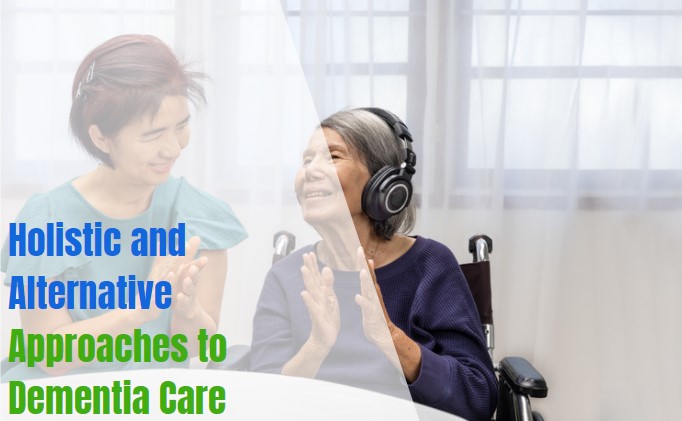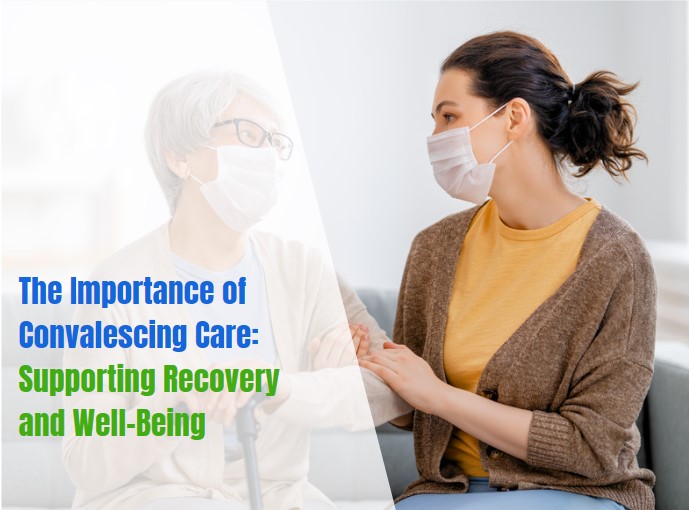TIPS FOR SUCCESSFULLY AGING IN PLACE
Aging in place refers to the ability of older adults to live in their own homes and communities safely, independently, and comfortably, regardless of age, income, or ability level. This lifestyle choice is increasingly popular, as it allows seniors to maintain their independence and enjoy familiar surroundings. Here are some essential tips for successfully aging in place: 1. Home Modifications for Safety and Accessibility Enhance Mobility and Access: Install Ramps and Handrails:...
HOLISTIC AND ALTERNATIVE APPROACHES TO DEMENTIA CARE
Dementia care traditionally focuses on medical treatments and therapies, but holistic and alternative approaches are gaining recognition for their potential to improve quality of life for individuals with dementia. These approaches emphasize overall well-being, incorporating physical, emotional, and spiritual health. In this blog, we will explore various holistic and alternative methods that can complement conventional dementia care. Music Therapy Overview: Music therapy involves using music to address physical, emotional, cognitive,...
UNDERSTANDING UTIs IN SENIORS: SYMPTOMS, RISKS, AND PREVENTION
Urinary tract infections (UTIs) are common in seniors and can significantly impact their health and well-being. Unlike younger individuals, older adults may not exhibit the typical symptoms of UTIs, making diagnosis and treatment more challenging. In this blog, we'll explore the causes, symptoms, risks, and preventive measures associated with UTIs in seniors. What is a UTI? A UTI is an infection in any part of the urinary system, including the kidneys, bladder,...
THE IMPORTANCE OF CONVALESCING CARE: SUPPORTING RECOVERY AND WELL-BEING
Convalescing care, also known as post-acute or recovery care, plays a crucial role in helping individuals recover from illness, surgery, or a medical event. It involves providing the necessary support and care during the transition from hospital to home or another care setting. In this blog, we’ll explore the significance of convalescing care, its benefits, and tips for ensuring a smooth recovery process. What is Convalescing Care? Convalescing care is designed to...
WHAT COSTS TO EXPECT IN RETIREMENT – CONTINUED
In the previous blog, the key costs that were examined were housing costs, healthcare expenses, daily living expenses, insurance, and taxes. In this blog related to retirement costs, the remaining expense categories are examined. The categories are savings and investments, debt repayment, emergency fund, estate planning and practical tips for managing retirement costs. Savings and Investments Building your savings account and investments during your working life plays a large role in your...





